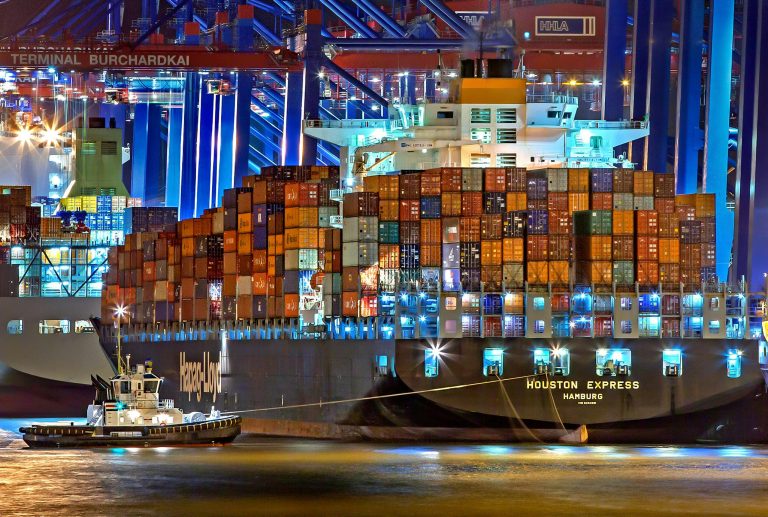Scholars have long analyzed tariffs for a long time and over a range of countries and periods. The conclusion is near universal: tariffs are bad and even dangerous. There are some arguments for them. President Trump and his administration have rightfully said that the tariffs will generate revenue. The President and the administration have also said that the idea is to punish other countries that have taken advantage of the United States for years, and they also have the goal of bringing production from American multi-national corporations back to the United States. Do you think these justifications make the associated economic dislocation worthwhile?
Economic Effects Of Tariffs
For years, scholars have analyzed tariffs and found them to have numerous deleterious economic effects. These include some obvious negative effects and some surreptitious effects. One obvious effect is to raise prices. Generally, producers pass the cost associated with tariffs on to consumers. They also have the net effect of decreasing domestic output and production. Less output by companies means lower stock prices.
More obvious effects of tariffs are that they result in more unemployment and higher inequality. The effects on domestic output and productivity tend to be magnified when tariffs rise during expansions, for advanced economies, and when they go up, not down. A less obvious effect is that there is a depreciation in the real interest rate.
Typically, academic studies that investigate the negative economic effects of tariffs look at long time series. Their studies tend to look at all countries and employ some sort of statistical model. There is a host of econometric issues that arise when academics statistically analyze them. Scholars have to contend with the issues in their analysis and are often attacked by other scholars based on statistical shortcomings. However, there are more deleterious effects.
Military Conflict and the Kantian Peace
It turns out that the countries that have imposed tariffs on each other have a greater likelihood of military conflict. This is particularly the case with geographically contiguous countries, like the United States and Canada. Conversely, if two countries trade freely with each other (are both democracies, and are members of common international organizations. This is called the Katian Peace. Libraries are filled with books and scholarly articles about this piece.
The Kantian Peace stems from a famous book. Perpetual Peace: A Philosophical Sketch is a 1795 book authored by the German philosopher Immanuel Kant. In the book, Kant advances ideas that have subsequently been associated with democratic peace, commercial peace, and institutional peace. There has been a lot written about this concept, but to sum it up, Kant argues, in a foundational argument for liberal scholars, that countries that share economic and institutional ties are much less likely to experience military conflict.
The Kantian Peace was the underpinnings of the world government argument that surfaced after World War One, so it was (and is) a major world paradigm. There has been a very active research program associated with the Kantian Peace. Scholarly articles are written about this topic even to this day. The ideas espoused by Immanuel Kant in 1795 also shape the ontologies of many current world leaders, just not President Trump.
Conclusion
The Mercantilist and protective policies of the Trump administration have drawn a lot of criticism lately. His rationale is solid, and what he is doing does track well with campaign promises, but tariffs have a host of negative economic effects and can lead to armed conflict between nations. The policies of the American administration fly in the face of well-established two-hundred-year-old ideas.








